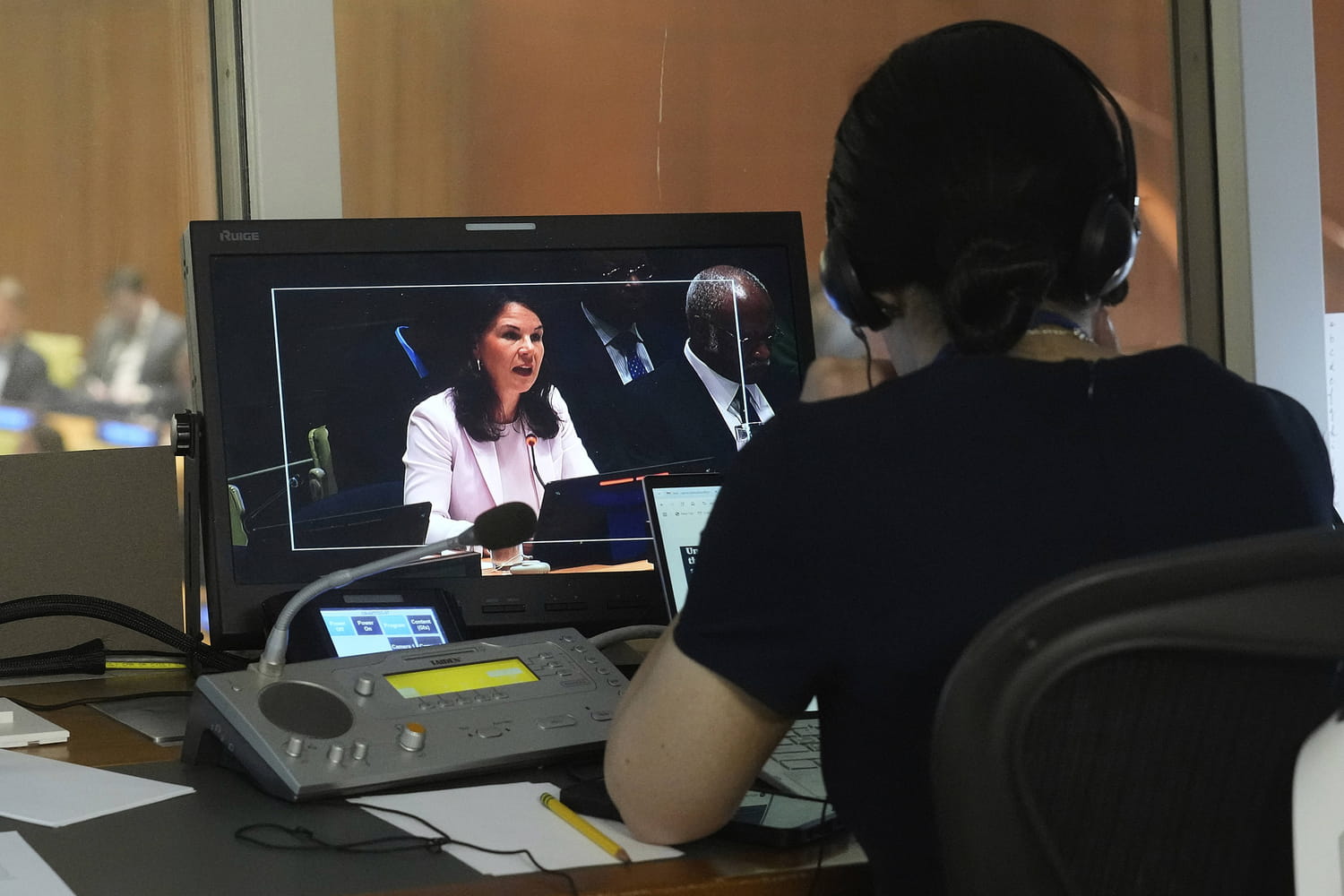Have you received an email from the taxes promising you mountains and wonders? Be careful, this is certainly a scam. Find out how not to fall into the panel!
This is a legal obligation from which no one can escape. Each year, we must declare our income from the previous year to the tax services. At the end of this declaration, taxpayers receive their tax notice, a document which specifies the amount of the tax, but also the possible reimbursement to which they are entitled. But beware, ill -intentioned people have developed a scam that makes many victims every year.
As often with this kind of scam, it all starts with an email more true than life. In this specific case, this is an email that is seeking to emanate from the public finance department. At first glance, it is extremely difficult to detect what is wrong. The logo is there, the official language too. The subject of the email often specifies that the message is “urgent” and stipulates “reimbursement” in capital letters. If there are variants, the text is significantly the same each time and indicates that according to the last calculations carried out following the tax return, the recipient is eligible for a reimbursement of 150 euros, 1000 euros and even sometimes 2000 euros. Just below, there is a link that leads to a form in which the person must enter their banking information.
Once the bank details are informed, it is unfortunately too late! Each year the tax services alert on these scams, but that does not prevent thieves from starting again. Fortunately there are several simple ways to detect scams. The first thing to do is check the address from which the email was sent. The one and only domain name of public finances is as follows: @dgfip.finances.gouv.fr. If the email comes from another address, do not click on the link. Another point of vigilance: will never ask you to fill out a form on a lambda site. All communications go through their official website, on which it is necessary to identify.
If you think you have been the victim of this scam, you can contact your bank and file a complaint. But there is little chance that the authors will be found and that you recover your money. If an email seems suspicious to you, do not click on the link, do not answer, and then report fraud on the Pharos site, the government platform for the reporting of illicit online content and behaviors.








